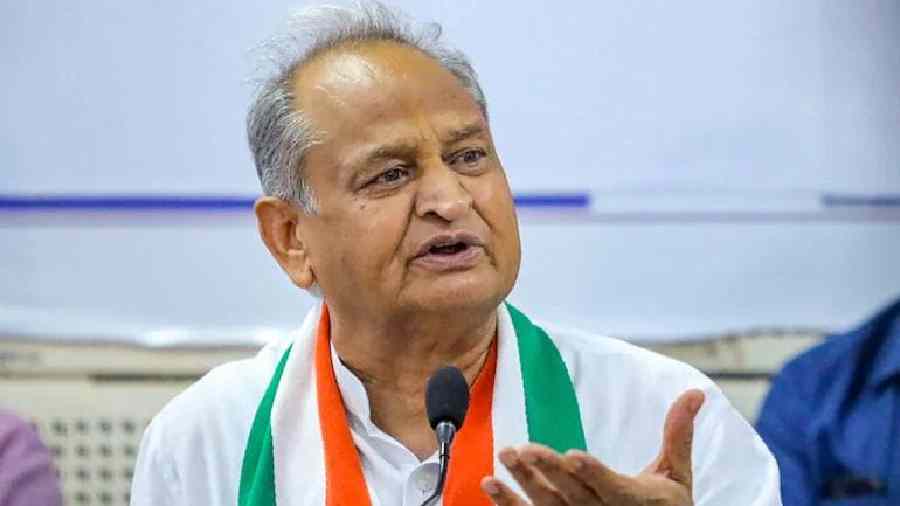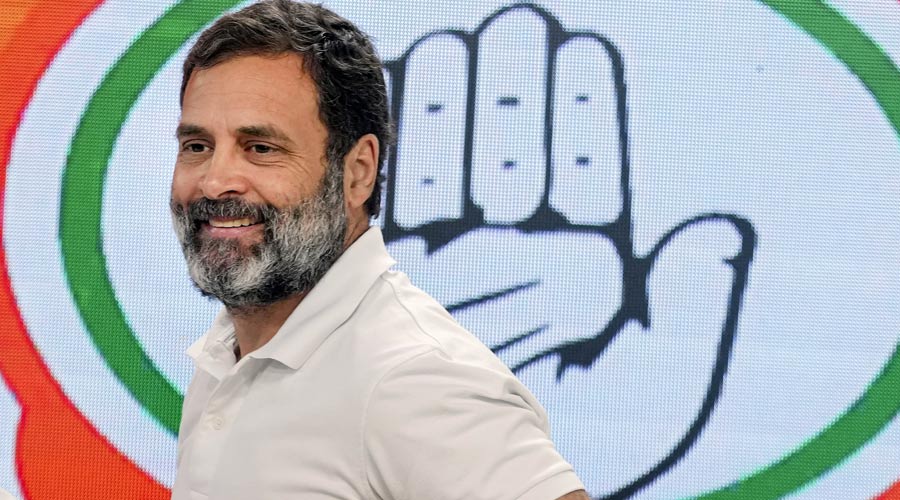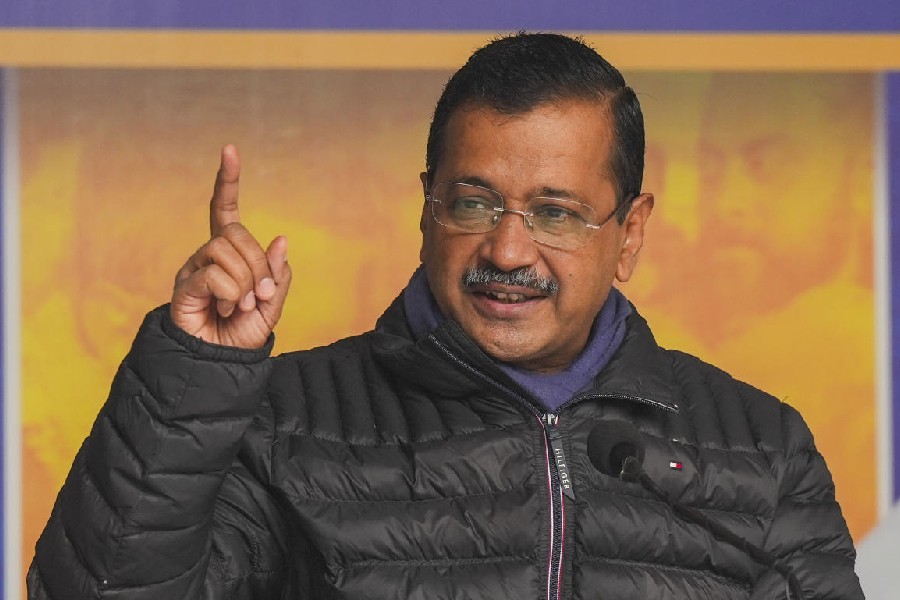The Ashok Gehlot government in Rajasthan is not just providing free treatment and medicines under the Chiranjeevi scheme but has introduced a revolutionary Right to Health law, as the Congress strives quietly to create an alternative governance model to challenge Narendra Modi in 2024.
The Congress showcased the “Rajasthan model” on Friday, World Health Day.
Congress spokesperson Pawan Khera said: “Every government must have drawn some lessons from the frightening Covid crisis. We have seen how some governments wasted resources on vanity projects, building the Central Vista and new residences for ministers. But Rajasthan has decided to prioritise spending on health.”
Khera said Rajasthan’s Chiranjeevi health scheme had become a subject of research in several foreign universities.
Rajasthan health minister Parsadi Lal Meena said at the same news conference: “We are giving free treatment and medicine at all outpatient departments in the state. Now even medical examinations and surgeries are done free of cost. Nobody has to pay for even heart surgery, cancer injections or an MRI.”
The Rajasthan government is offering free treatment up to Rs 25 lakh per citizen. While BPL card-holders and National Food Security Act beneficiaries get automatic free coverage, contract workers, small and marginal farmers and others can register themselves for the Chiranjeevi scheme against an annual premium of Rs 850.
The Right to Health Bill, passed and sent to the governor for approval, makes Rajasthan the first state to make access to health a legal right. It entitles residents of the state to free healthcare, including emergency care, at any clinical establishment.
In contrast to, say, BJP-ruled Uttar Pradesh where the dissent-crushing bulldozer has become the symbol of governance, the Congress has been relying on public welfare, with financial assistance to the poor, as a key element of its governance model. This despite Prime Minister Modi’s public disparagement of freebies and subsidies as “rewri culture”.
The Congress is selling cooking gas cylinders for Rs 500 – less than half their price in most parts of the country -- in states ruled by it and has restored the old pension scheme for government employees.
It has promised a monthly allowance to women and unemployed youths in Himachal Pradesh and poll-bound Karnataka.
Chhattisgarh, which has introduced a unique scheme to buy cow dung, is also successfully running the Chief Minister Haat Bazaar Clinic Scheme that provides mobile healthcare in rural areas.
At these Haat Bazaars, rural doctors can get medical advice from experts and specialists. Primary blood tests and X-rays are done at these mobile clinics at nominal rates while treatment and medicines are free.
As for Rajasthan’s Right to Health Bill, it has provoked protests from private doctors and clinics. However, the government has now reached an agreement to exclude from the law’s ambit clinics with less than 50 beds and private hospitals that have not obtained any concessions from the government or any rebate in the allotment of land or building.
The categories covered by the statute will include hospitals operated by private medical colleges, hospitals running on the public-private-partnership mode, hospitals established after obtaining free or subsidised land from the government, and hospitals run by trusts funded by the government in the form of land and building.
Rajasthan has a wide network of community health centres, health minister Meena said, and medical and nursing colleges are being opened in every district to bolster the health infrastructure.
He said that over 1,000 hospitals are associated with the Chiranjeevi scheme and that private hospitals would join in on their own after the rules and regulations are framed. He said private hospitals are being reimbursed within 14 days of providing free treatment.












